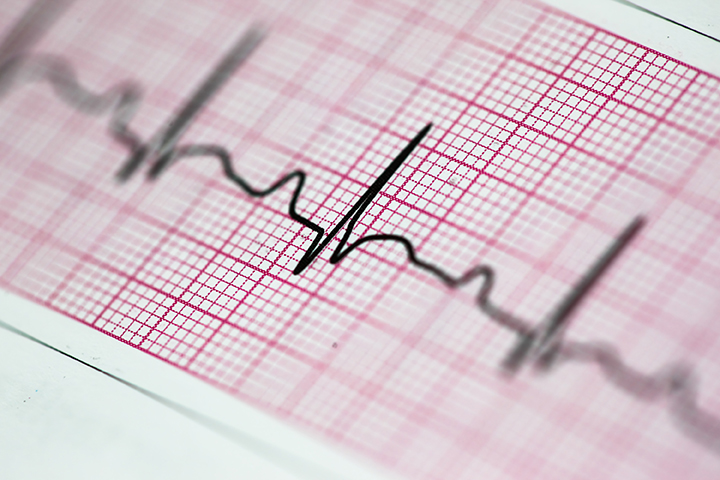 A group of epilepsy patients in Arizona, USA, have helped researchers better understand the function of memory in the brain.
A group of epilepsy patients in Arizona, USA, have helped researchers better understand the function of memory in the brain.
The study followed 13 patients who were about to undergo epilepsy surgery.
It is hoped the research will have implications for treating patients with brain damage and cognitive impairments, including patients who have experienced seizures.
Many people with epilepsy report problems with their memory.
The research looked into theta oscillations, which are rhythmic patterns of electrical activity in the brain.
These patterns are usually active in the brain’s hippocampus during activities such as exploration, navigation and sleep. The hippocampus plays a crucial role in our ability to remember the past.
Electrodes were implanted in the patients’ brains for detecting seizures.
It was previously believed that movement was a driver for theta oscillations, but this study has concluded that “memory is a more potent driver of human hippocampal theta oscillations than navigation”.
The results suggest that memory is improved by focusing on memory-improvement techniques rather than other, previously suggested, navigation and movement exercises.
The patients participated in a virtual reality experiment, in which they were given a joystick to navigate a virtual city on a computer. While using the joystick, researchers found the oscillations were less frequent and shorter compared to oscillations that occurred when participants were just imagining or remembering the route.
Lead study author Sarah Seger said: “This is a huge step forward in the field in terms of designing new experiments and understanding the neural basis of memory.”
For more information: New UArizona study links brain waves directly to memory | University of Arizona News
More articles



